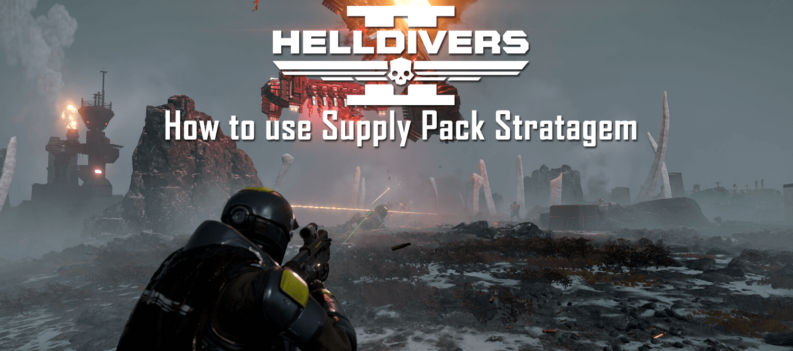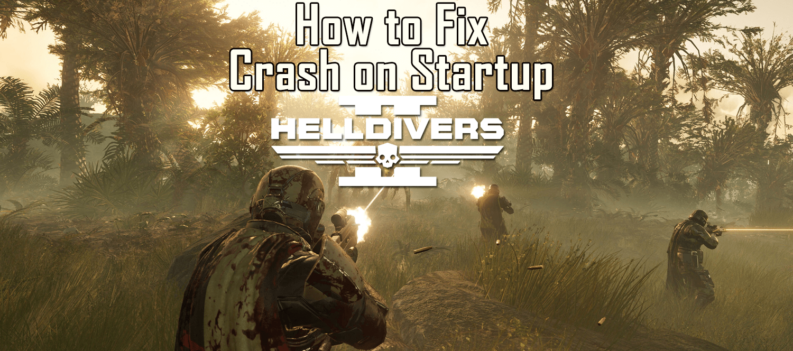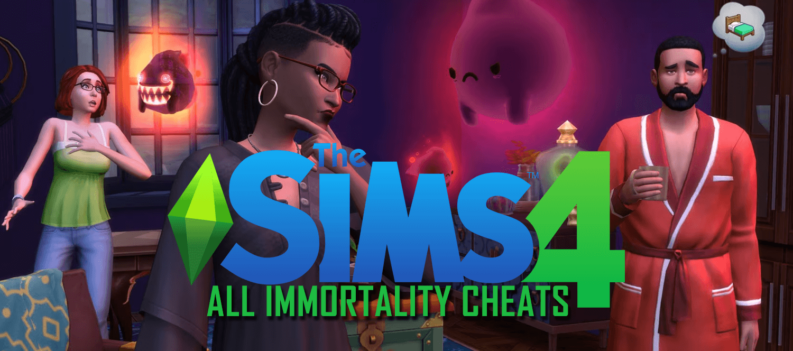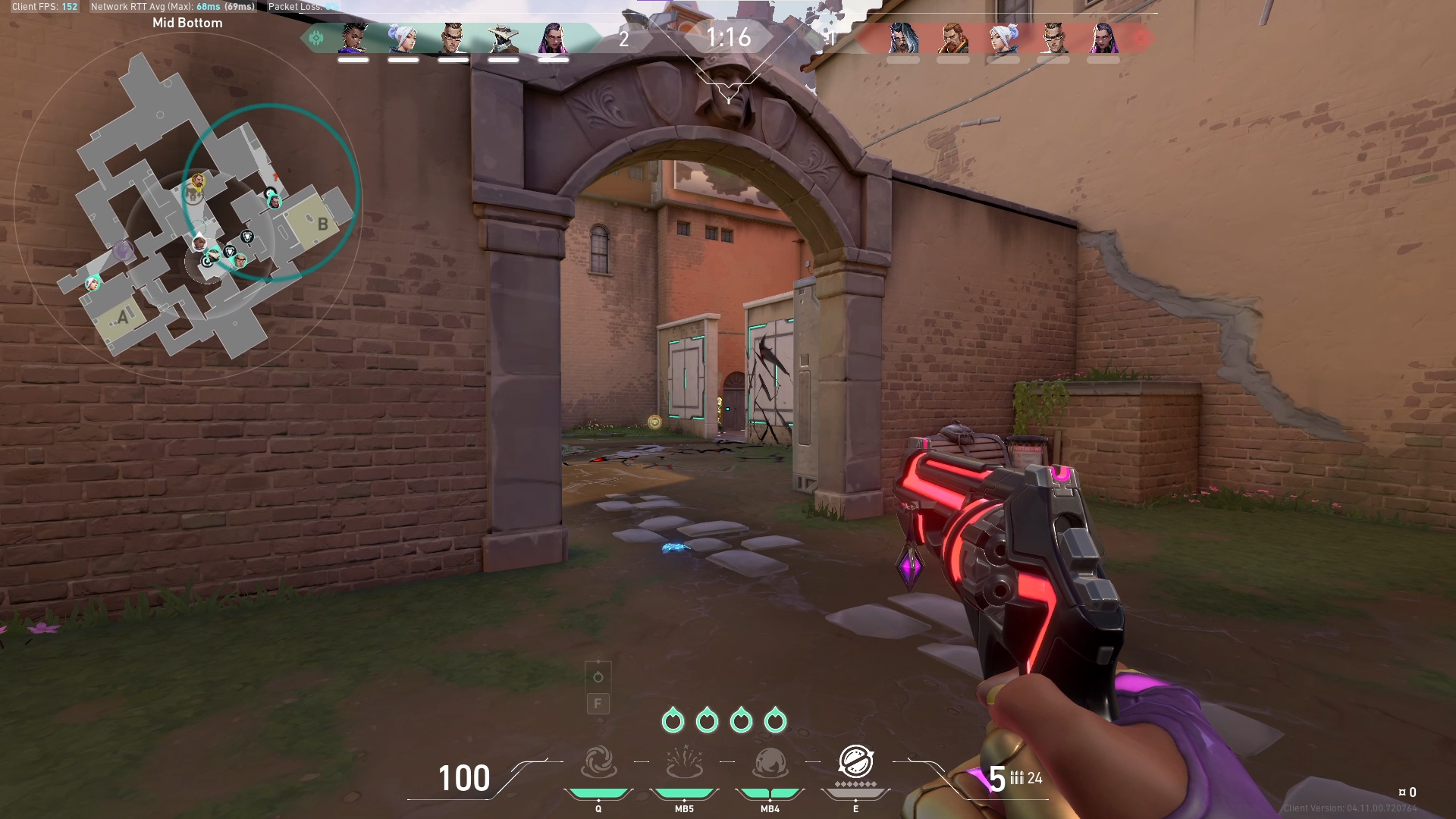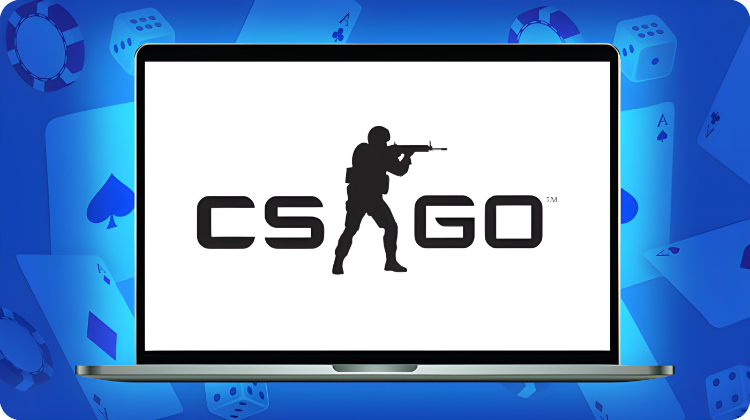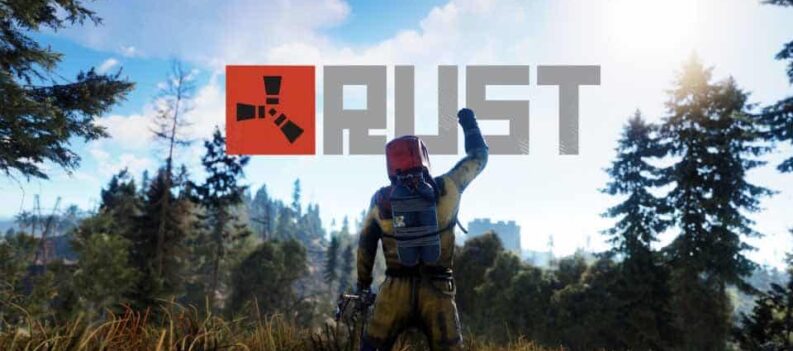Mars Horizon will struggle to find an audience, but the audience it does find will thoroughly enjoy it for being the total nerd-out game that is so rare these days. There are no big space battles, not orbital missile launchers, and, sadly, no Death Stars. What you get is a relaxing game that gives you a little insight into the far-removed world of space exploration. Something that has fallen out of fashion since man went to the moon, dropped a flag, took a selfie, and pissed off back to Earth, never to return.
Mars Horizon tasks you with taking over a space agency of your choice, and naturally, being British, I took over the ESA – the European Space Agency. I just couldn’t see myself as the head of NASA. Rumour has it, English tea is banned in their control rooms, and I don’t drink coffee after midday. It’s tea or nothing.
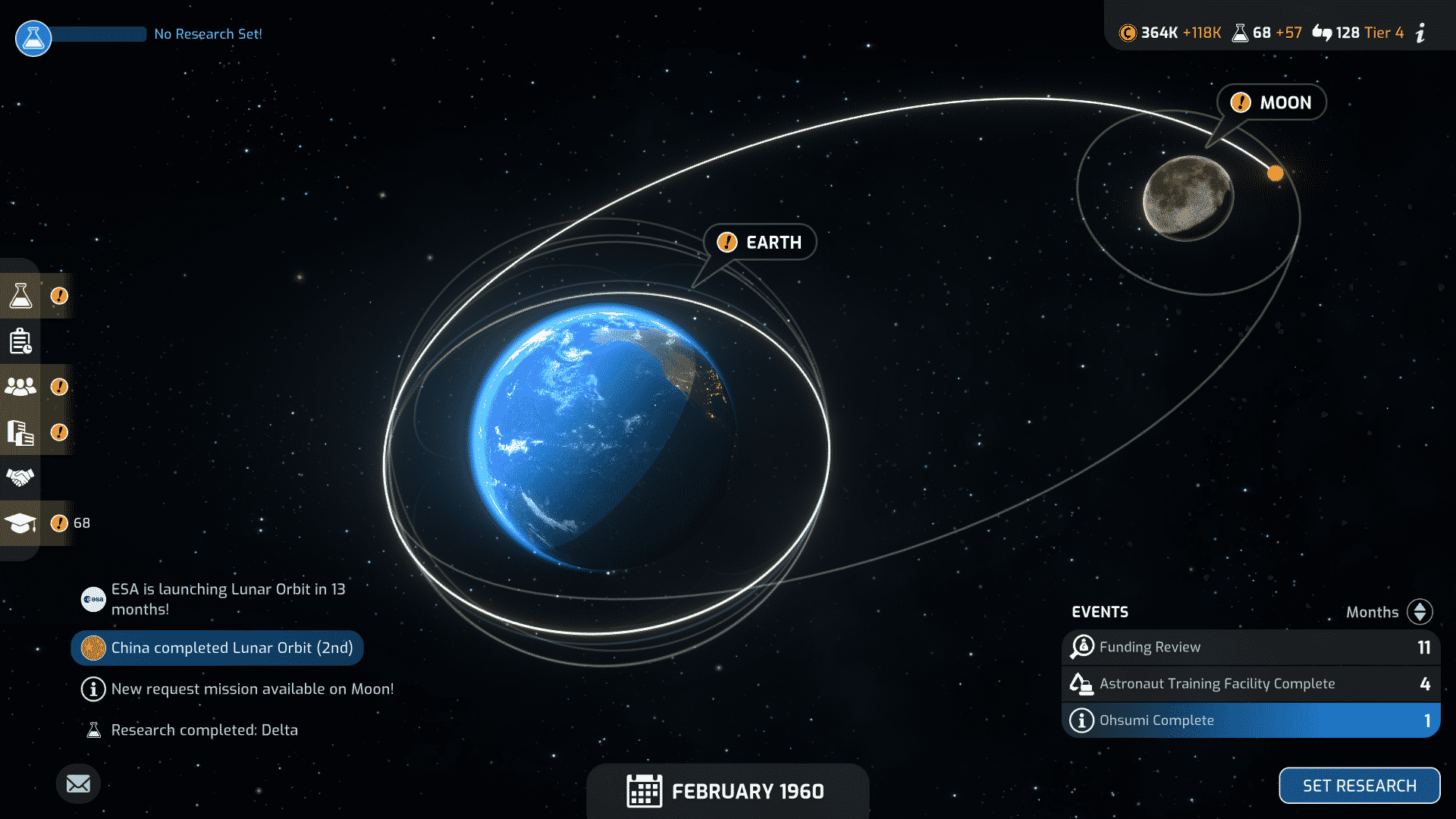
Once you’ve taken over your agency of choice, the work starts. If you typically wear glasses, this is the point you’ll push them up your nose and sit forward a little bit so you can concentrate on the tutorials which are doled out as lots of text to read. This is a reading-heavy game where you need to take in a lot of information very quickly. Thankfully, it’s quite simple to understand and there’s always the option to read back through anything you’ve forgotten. Helpful for an old codger like me.
The first few tasks work to get you familiar with the game’s systems of researching, building, expanding your agency, and even grappling with the finances. There are many spinning plates but they’ll rarely topple over. While there is the constant race against the other agencies to be the first to accomplish a milestone, like sending a man into orbit, or a man to the moon, there’s no shame in coming dead last and a decade late, as I found out.
Mars Horizon is a really chilled out game and the music reflects that. The ambient hums of the soothing music are almost enough to send me to dreamland, but I liked it all the same. It set me up for a relaxing time and any thoughts of competition were quashed. I suppose I should be trying to get ahead, but without there being any negatives, what’s the rush? Instead, while the USA and China were battling it out to be the first to send a probe to Mercury, I was still researching the best materials to get a perfect launch to the Moon. You can play at your own pace, basically, and I really enjoyed that. But, if you want to get the trophies and earn supremacy in the space race, it’s always there. Plus, a race isn’t over until it’s over. You could be lagging behind for years and years, slowly building up your funds and technologies, so that you may suddenly leap-frog the competition. Space travel is slow – a marathon, not a sprint.
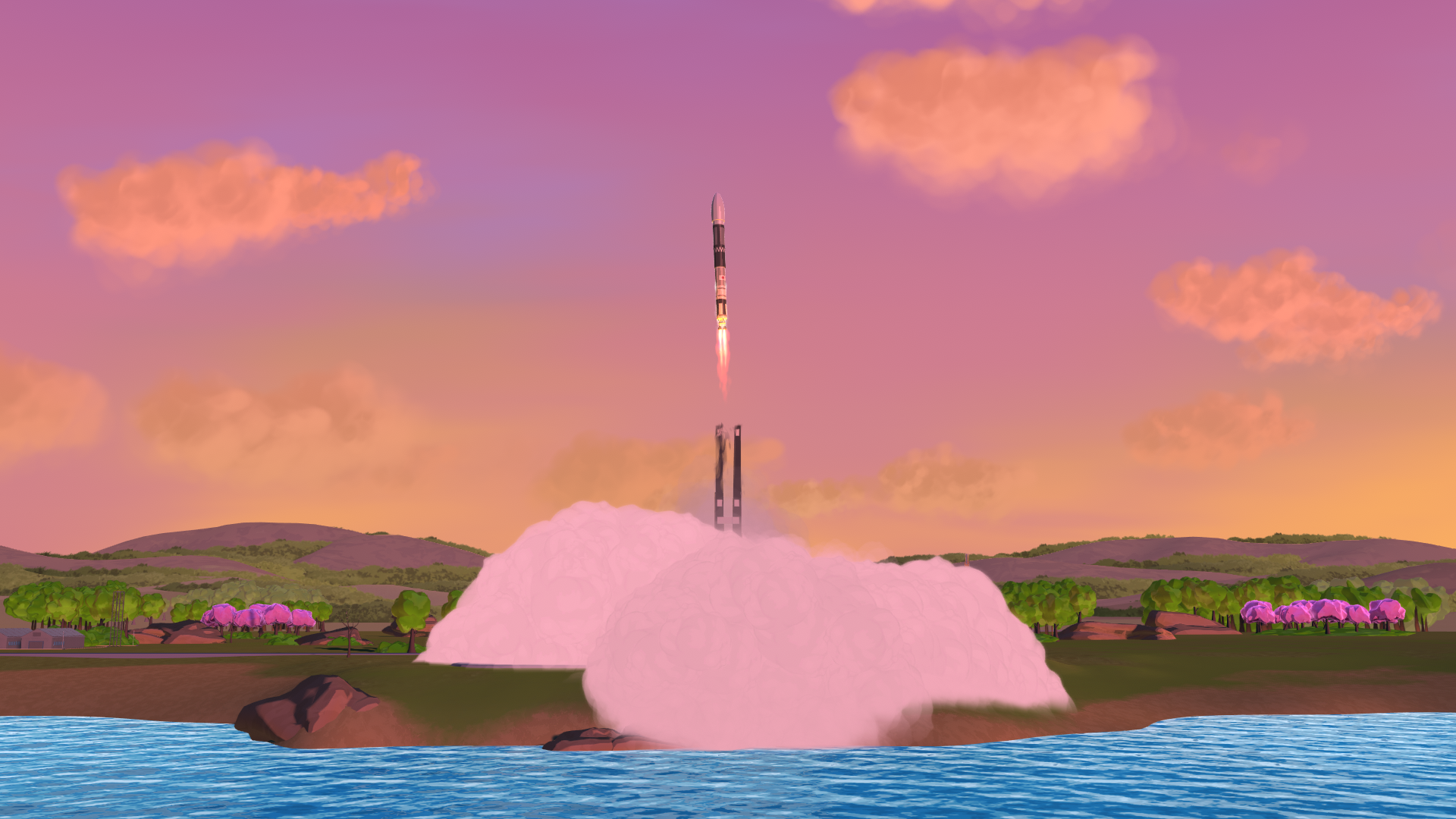
You won’t be able to get away with sitting on your backside at HQ doing bugger all, though. You’ll need to keep the public interested to gain support and to increase your monthly funding. Without funding increases, you’ll be a long way from building anything worth sending to the stars, so it doesn’t hurt to take on a few early missions if you’ve got the capital and readiness.
While there is the big space race against the other agencies, there’s also the sense of community spirit. You can praise other agencies in the press and gain some brownie points with the agency in question, but it may annoy the folks back home. You can also take on diplomatic missions where you team up with another agency to complete a common goal, splitting the cost and the rewards. I liked this and it perfectly mirrors the real-world in more than just space exploration. Competing companies work together all the time, and sometimes sworn enemies will find common ground. Like me and my dickhead neighbour. I hate him, he hates me, but we both hate the bastard who keeps parking in our section of the car park, and we co-wrote an email to the authorities. It felt good, and then we went back to hating each other, respectfully. Mars Horizon does the same, albeit with few passive-aggressive emails.
There’s a lot to digest with Mars Horizon. Researching the appropriate tech is straightforward and at first, daunting. When you see the tech tree it’s easy to think “how the hell am I gonna do all that?” but it’s really not that hard, and, it doesn’t take all that long either.
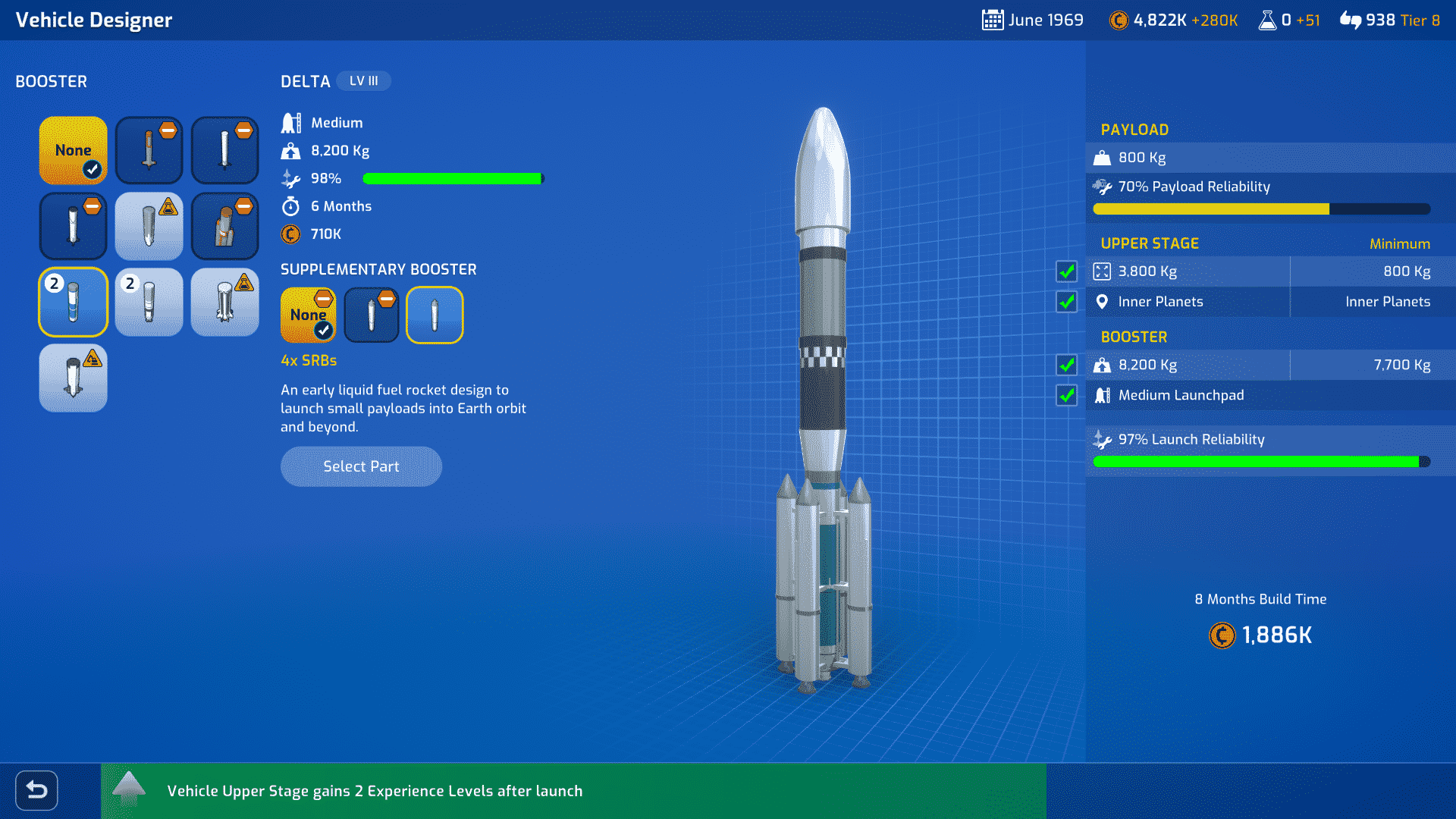
Once you’ve finally got a few test launches under your belt and you’re ready to take on some proper missions, things get a little bit more complicated, but not much. Missions will be broken down in multiple sections, with each section giving you a mini-game of sorts to play. They’re more logical puzzles that require just a little bit of brainpower, but they’re crucial if you don’t want to botch your expensive mission at the last hurdle.
Likewise, the hard work really begins at home with your tech. Each launch gains XP for your chosen components, and they’ll level up and become more reliable. You may have to watch a few rockets explode before you see one break the atmosphere, but it’s for the greater good. Still, it always hurt when a launch went wrong, and even more so when it looked like nothing could go wrong. I’ve had multiple launches have a 99% chance of success, only to watch years of research, months of building, and lots of taxpayer money get pissed up into the clouds. Nothing is guaranteed, and another life lesson from an unexpected source…
Progress is fast and satisfying, but there’s still so much depth to it. Designing your rockets, expanding your agency, and building up the funds for more dangerous and exciting missions is good fun, and thanks to the game’s quick nature, it’s easy to wave a decade goodbye in Mars Horizon, and it’s even easier to wave a few real-life hours away, too.
Mars Horizon PS4 Review
-
Overall - Fantastic - 8/108/10
Summary
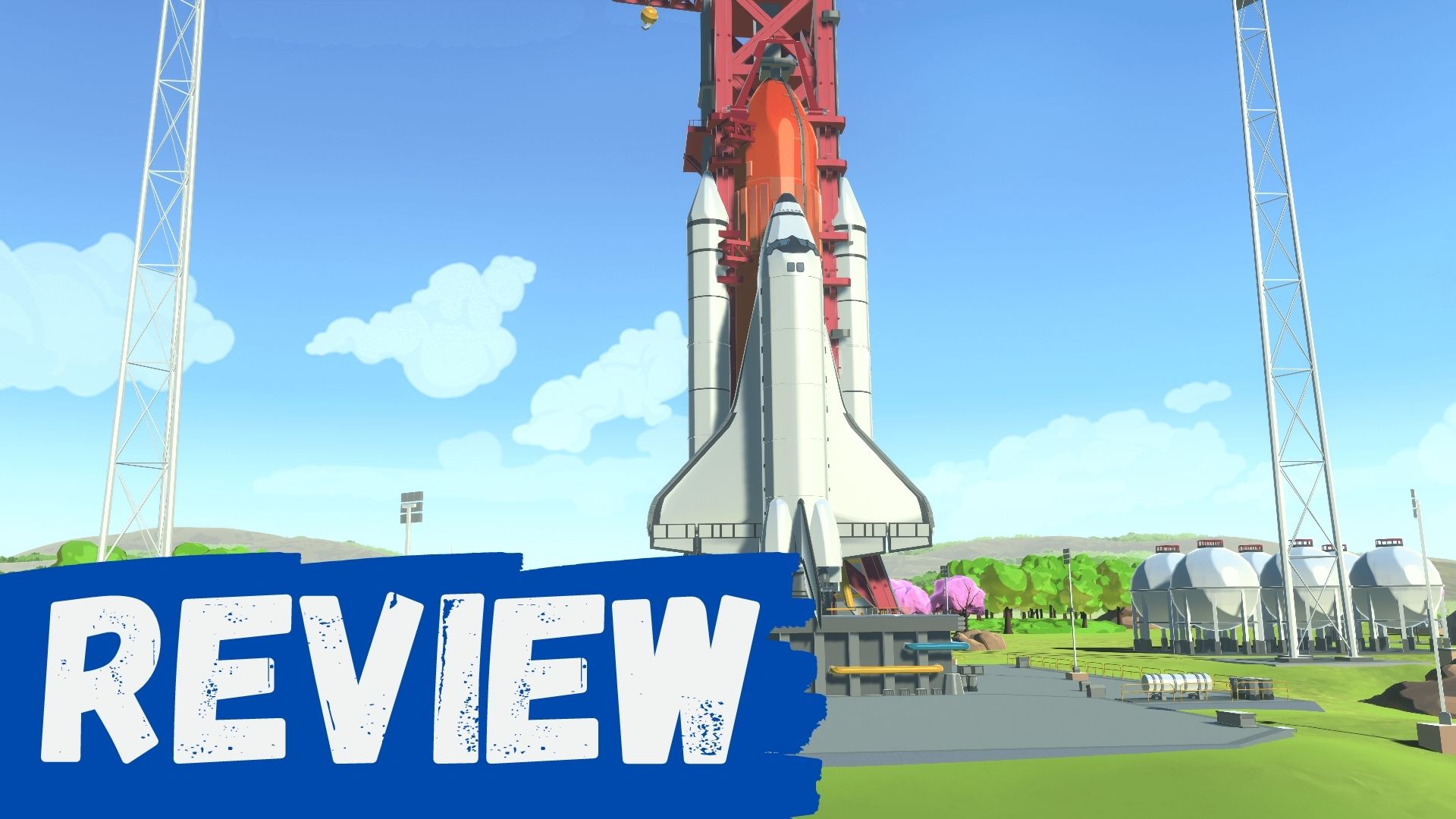
Mars Horizon is a really relaxing, clever little game. There’s a lot to learn and it’s a great way to introduce science and space in an easily digestible way. It’s not just educational, it’s really good fun, too.
Review Disclaimer: This review was carried out using a code provided by the publisher. For more information, please read our Review Policy.
Reviewed using PS4 Pro.



